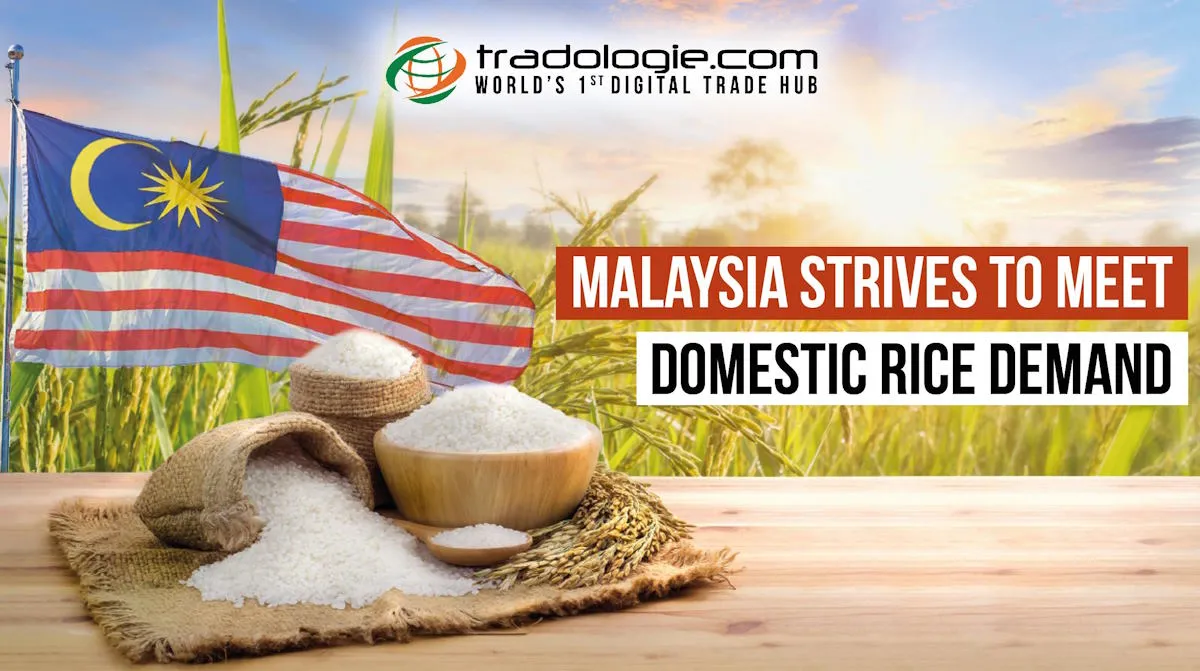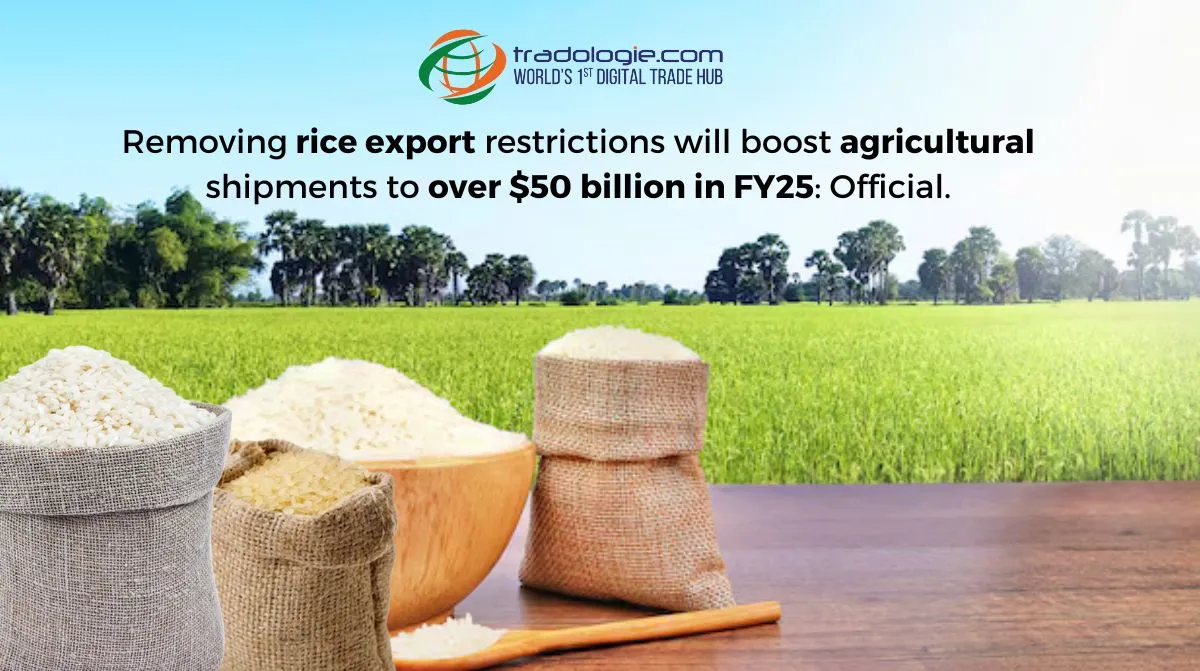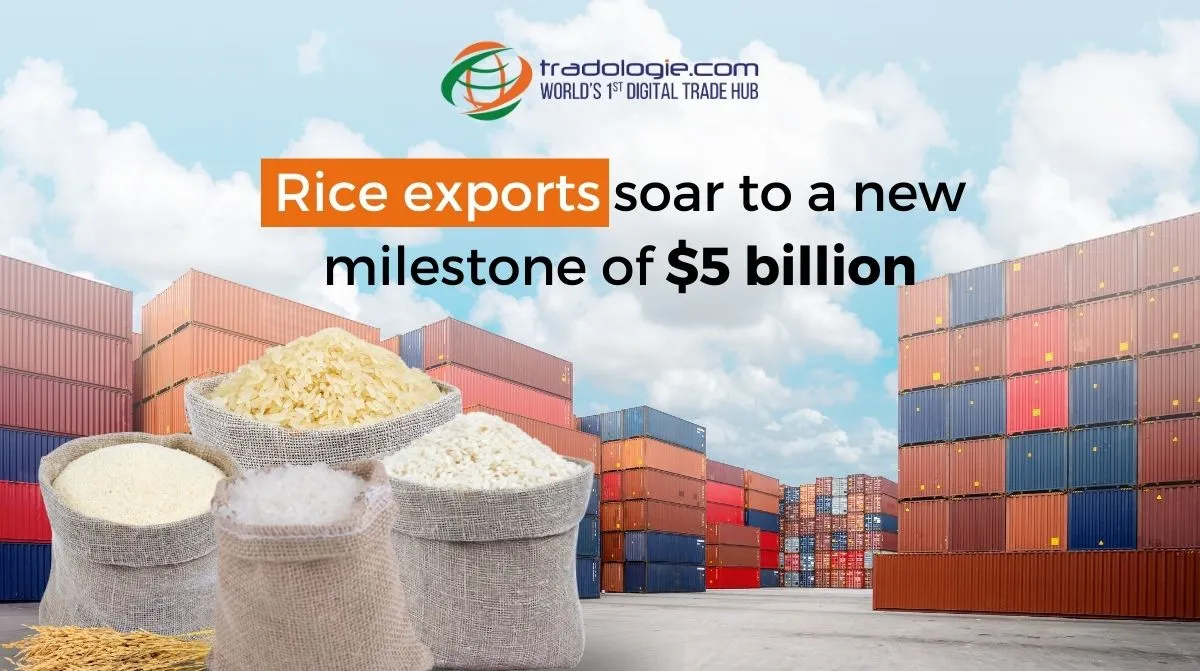In a press conference held on September 5, Malaysia's Ministry of Agriculture and Food Security (KPKM) expressed confidence in the swift recovery of white rice production in the country through the implementation of the Special Local White Rice Programme.
This initiative comes as a response to the recent surge in the price of imported rice due to India's ban on rice exports last July, which has caused imported rice prices in Malaysia to increase by 36% in just a month, from 2,350 RM per tonne to 3,200 RM per tonne.
KPKM Minister Mohamad Sabu revealed that several intervention steps have already been taken as part of the Special Local White Rice Programme. One of these measures includes directing rice millers to increase their production by 20% as a short-term solution to support local rice availability. This move aims to address the immediate need for rice supply stability in the Malaysian market. To ensure a sustainable recovery of rice production, the KPKM has scheduled engagement sessions with Padi industry stakeholders on September 7.
During these meetings, discussions will focus on methods and mechanisms for the long-term regeneration of rice production. Minister Mohamad highlighted the importance of these sessions in clarifying strategies that will secure the supply of local rice in Malaysia. Mohamad highlighted the significance of previous initiatives, such as the Mini Sekinchan Smart Big Scale Padi Field project, in contributing to the revival of local rice production.
This particular project has demonstrated its potential by achieving a substantial harvest of 11 tonnes of padi per hectare, three times the usual production rate. Such successes provide optimism for the country's rice production future.
Maintaining Stable Local Rice Prices
KPKM statistics reveal that the supply of local white rice has remained sufficient and stable at the controlled price of 2.60 RM per kilogram since 2008. This consistency underscores the ministry's commitment to ensuring that local rice production can meet the increased demand brought about by rising prices of imported rice.
Responding to allegations of unethical traders switching labels on white rice packages for profit, Mohamad assured that authorities are actively investigating the matter. Collaborative efforts between the Ministry of Agriculture and Food Security and the Domestic Trade and Cost of Living Ministry will ensure that appropriate actions are taken by the law. The ministry also possesses the authority to revoke or suspend licenses issued to farmers who fail to comply with the Control of Padi and Rice Act 1994 (Act 522).
In response to reports claiming that 95% of middlemen control the rice supply, Mohamad denied these allegations, dismissing them as unverified claims. He stressed on the need for factual and accurate information in discussions related to the rice supply chain.
Conclusion
As Malaysia tussles with the challenge of stabilising rice production and supply in the face of external factors, the Special Local White Rice Programme and ongoing engagements with industry stakeholders represent necessary steps toward ensuring food security and affordability for its citizens.
Tradologie offers the best platform for your needs if you're a rice importer looking to buy basmati rice in bulk or a rice exporter looking to export rice in bulk . With the help of Tradologie.com, bulk rice trade is possible for all types. Tradologie.com platform makes it possible for customers to purchase rice, wheat, and spices, among other high-quality agricultural products, at flexible prices.
To register as a buyer, click here. To register as a seller, click here.
To stay updated about the latest developments in the agro-trading sector, follow Tradologie.com on all social media platforms.





